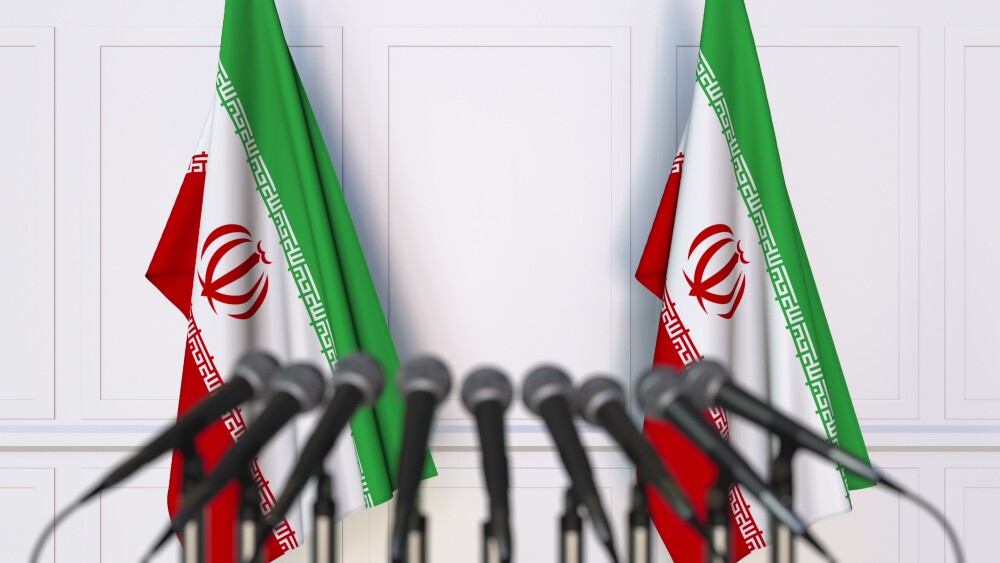On March 28, 2025, after moving to Dallas, Texas, to begin a teaching position at a local college, and with the permission of ICE in Los Angeles, Immigration and Customs Enforcement detained me when I went to report my change of address. I have lived in the United States since 2003, filed taxes, and have been in the process of obtaining political asylum since 2013. Authorities have not charged me with any crime.
My case demonstrates how Iranian and Kurdish propaganda networks operate inside the United States and influence media and policy narratives.
Earlier this year, activists abroad filed a lawsuit against Parviz Sabeti, a former Iranian security official, through a U.S. real estate attorney. Media outlets quickly circulated the filing across Persian-language and Western social media. The case presented no substantial legal claims. Instead, it advanced historical narratives against Iran’s monarchist movement and sought to discredit opposition figures such as Crown Prince Reza Pahlavi.
The Islamic Republic and its affiliates have long conducted information operations abroad.
After I discussed the case in an interview with Iran International TV, ICE detained me. Within days, online networks spread misleading claims about my background and motives. Anonymous accounts distributed conflicting information, often drawing on outlets or individuals linked to regime-affiliated or separatist circles.
The Islamic Republic and its affiliates have long conducted information operations abroad. They exploit local legal systems, media channels, and diaspora disputes to shape narratives. These campaigns often find amplifiers in Western media and academic spaces, especially when framed as human rights or minority advocacy issues.
In this environment, factual reporting and sober analysis struggle to reach audiences. Opposing factions weaponize personal cases like mine to create confusion. These actions weaken organized opposition abroad and blur distinctions between independent analysts and regime agents.
These networks extend beyond Iranian state media. Kurdish nationalist groups, including some with Marxist or militant histories, participate in campaigns aligned with Tehran’s interests when it suits their objectives. Together, they form a hybrid propaganda ecosystem that shapes how U.S. policymakers and journalists perceive Iranian opposition movements.
These activities influence immigration proceedings, security assessments, and congressional understanding of dissident communities. When propaganda creates uncertainty about representation, bureaucrats often respond with caution or delay. That outcome serves Tehran’s strategic interests.
Iran’s media arms, including Islamic Republic of Iran Broadcasting and Press TV, have cultivated sympathetic voices abroad for years.
This issue affects all political camps. Iran’s media arms, including Islamic Republic of Iran Broadcasting and Press TV, have cultivated sympathetic voices abroad for years. They present loyalists as reformers and label genuine critics as extremists or impostors. Policymakers rarely trace these narratives to their sources until after decisions have taken effect. Kurdish authorities, meanwhile, fabricate charges to discredit critics. While not germane to my specific case, the Turkish government does this as well, often seeking to pass falsity in intelligence dossiers to neutralize the effectiveness of dissidents and perhaps, if Ankara gets lucky, to win their extradition so that the Turkish regime can punish them for thought crimes.
My detention demonstrates how this influence can manifest in practice. It represents not only a personal hardship but also a structural policy challenge. Open societies like the United States remain vulnerable to information operations that exploit legal and administrative systems to neutralize critics.
Addressing this challenge requires a measured response. Authorities should ensure transparency in legal processes, improve media literacy in policymaking, and strengthen coordination between law enforcement and counterintelligence agencies.
The Islamic Republic continues to use forced confessions, disinformation, and hostage-taking to silence dissent. U.S. institutions must recognize and resist these tactics before they affect individuals or undermine policy credibility.
Authorities are still reviewing my case. I trust the legal process will uphold American principles of justice and fairness. At the same time, my experience highlights a larger issue: Propaganda is not harmless speech when it endangers lives and shapes decisions at high levels of policy.




